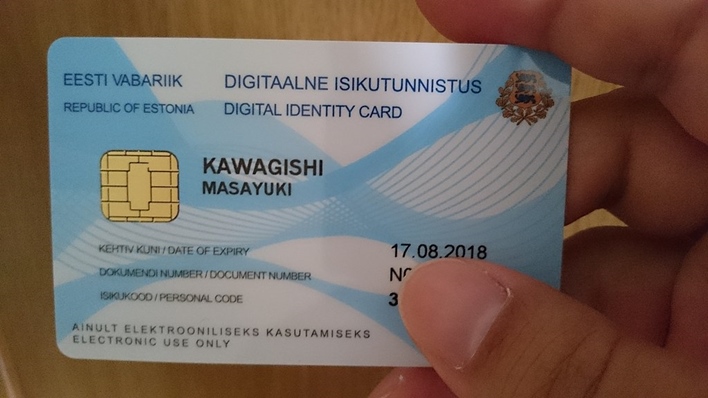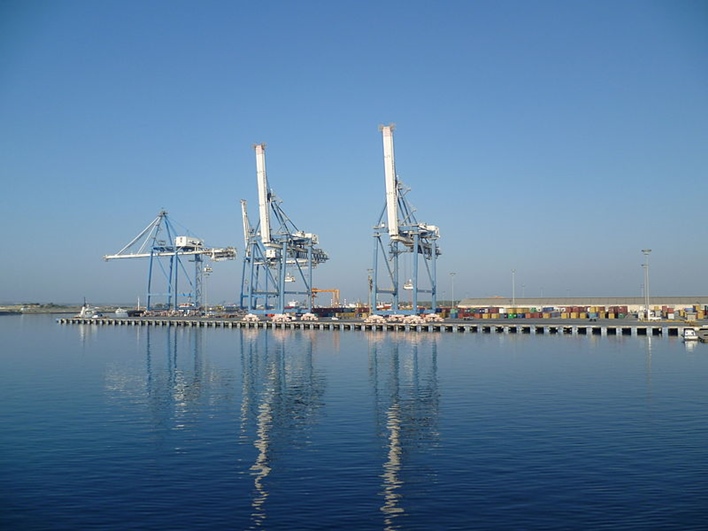For centuries, citizenship and nationality have formed the crux of human identity. Bloodline and the geographical location of birth have been deciding permanent residency. While the relevance of physical spaces hasn’t lost its firm grip in deciding the identity of an individual, we are in for a demographic revolution with the introduction of virtual citizenship.

Delving into Virtual Citizenship
An archetypal concept of the technology-driven 21st century, alongside innovations like blockchain and bitcoins, e-citizenship promises citizenship of a given country without the need to be physically present. From a different angle, it won’t be wrong to say that it offers mind space in a country, transcending the limitations of physical boundary.
If nationality is more of a physiological and an emotional concept, citizenship is an organized endeavor towards the socio-political and economic settlement of a nation. But the virtual citizenship breaks the very barriers of nations to realize the contemporary visions of global citizenship and a global marketplace. It is a commodity that can be bought via online, in exchange for large financial or real estate investments in the concerned country.
Estonia’s e-Residency
The Republic of Estonia takes pride in claiming the role of a pioneer in building a digital society for global citizens. The nation’s e-Residency model invites people for a virtual citizenship by issuing transnational digital identity, thereon permitting them to open bank accounts, launch business ventures, sign documents, pay taxes, and get access to the miscellaneous public e-services.
In simple words, one is given a virtual slice of the Estonian territory to set up business and gradually take a firm entrepreneurial hold over the European Union. And he can access and establish all these without ever landing in Estonia or buying a physical space there.
Read: 10 Countries To Get PR Visa Easily
Cyprus’ Golden Visa for Property Investment
Talking about vesting the advantage of trading across the European Union, an island country in the eastern Mediterranean is turning into a hot favorite among wealthy global investors and businessmen who are eyeing on accessing the EU.
The Republic of Cyprus issues golden visas for cash by sealing a formidable price on the passport. This puts any person from any corner of the globe in a suitable position to buy citizenship of Cyprus by investing in a property in the country above the set price threshold. And mind you, the property need not have a physical existence, but could be a mere digital rendering on a website.
Despite the fact that the golden visas were first introduced in the Caribbean Islands to invest in swashbuckling properties under the Islands’ favorable tax regime, it is the strategic position of Cyprus that has given it an edge for investors to buy their way into the country’s citizenship.
Positioned in a fashion to enable a watch over the Middle East and North Africa, the wealthy Russians and Chinese investors especially apply for Cyprus’ citizenship in order to make access to the European Union.

Virtual Citizenship and Syrian Refugees
A concept that began in the line of commercial expansions and outrageous real estate experiments is also indirectly rendering solutions to the grave issues of refugees and migration. We are aware of the dilapidated conditions of the Syrian refugees in Jordan, denied of jobs.
Recently, a special economic zone has been set up in the country – the King Hussein Bin Talal Development Area – near the mushrooming refugee camps, as a result of the Jordan Compact between the Hashemite Kingdom and the European Union.
As per the pact, the special area is mandated to appoint Syrian refugees into the workforce in return for special trade levies, exemptions and access for the European companies. So now, the multinational European giants operating in the area have access to cheap labor, and are in a position to get the manufactured goods imported duty-free into Europe. However, the refugees are asked to stay confined to where they are.
To look at it from an economic rather than a socio-political point of view, the Syrian refugees are more like chess pieces in a globalized economic arrangement than citizens of a country. Interestingly, the same perspective holds good for the elite citizenship-trading global citizens as well.
Greys of Digital citizenship
It isn’t that the concept and execution of virtual citizenship has seen all spring and no winters. There have been a few instances where it had gone awry as well.
The Portuguese Golden Visa Scandal
The five hundred thousand euro golden visa scheme of Portugal was put to an impasse due to corruption and money laundering at the bureaucratic and ministerial level. As a result, four thousand international investors who had applied for the golden visa were forced into an excruciatingly long wait for the passports.
A lot of Chinese homeowners who had invested millions in the nation’s property market were strained to fly in and out of Portugal every two months for the sake of maintaining short-term visas until they were handed the golden visa. Despite the scheme being reinstated lately, the visa backlogs are estimated to take almost five years for clearance.
The Gulf Maneuver in Comoros
If the Portuguese scheme for golden visa was skewed due to political foul play, the scheme in the island country Comoros in the Indian Ocean got entangled in murky political arrangements. On the advice of some Arab businessmen, the Comorian government decided to lift the impoverished economic condition of the archipelago nation by selling citizenships to the wealthy foreign investors, especially from the Gulf States.
The strategy seemed to work as the nation began to receive huge payments from the Gulf countries, particularly from the United Arab Emirates, for acquiring citizenship. Hardly could the nation decipher the strategy of some of the Gulf countries to procure Comorian citizenship as a means to ship the stateless Bidoon out of their states.
Squeezed under the international pressure to find a solution to the statelessness of the citizenship-denied Bidoon, these Gulf countries were willing to pay handsome money to acquire Comorian citizenship in bulk and get rid of the Bidoon. A section of the Bidoon population were tricked into signing the citizenship documents, while the rest had no other choice but to sign under pressure as their driving licenses and travel permits were held ransom.
Conclusion
The world population has been on a restless move ever since the Second World War. The political unrests, uprisings, civil wars, and even the climatic changes are going to increase the number of displaced and migrating population to a new level in the future.
And citizenship – the only organized socio-political and economic arrangement within the confines of nations and states, balancing rights with responsibilities – will come under immense pressure to acclimatize and adjust.
An ensuing discomfort and jostle in making these adjustments would be unsurprising. Under these circumstances, the concept of virtual citizenship could come to play a crucial role in bringing these uncomfortable shoves and jostles to a considerable settlement.
Nevertheless, let’s also not forget that this same scheme has been an accomplice in disempowering and ostracizing the stateless Bidoon as well as the Syrian refugees. Finally, whether a virtual concept of citizenship can ever dethrone the needs and demands of physical territory ownership is a question that is yet to find an answer.
Also See
- Top 10 Countries Where You Can Immigrate and Settle Easily
- 18 Most Popular Golden Visa Programs
- 9 Countries Indians Can Easily Get Permanent Residency
- 4 Commonly Asked Questions About Immigration
- 6 Best Governed Countries in the World to Immigrate and Settle
- 4 Lesser Known Facts About Migration